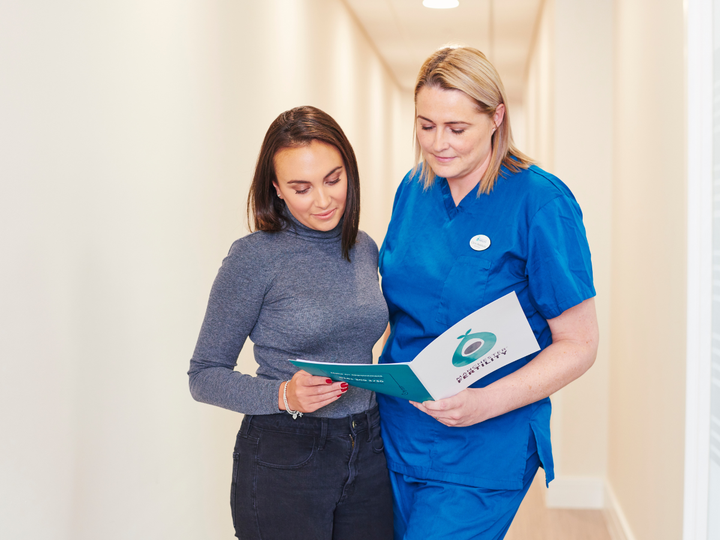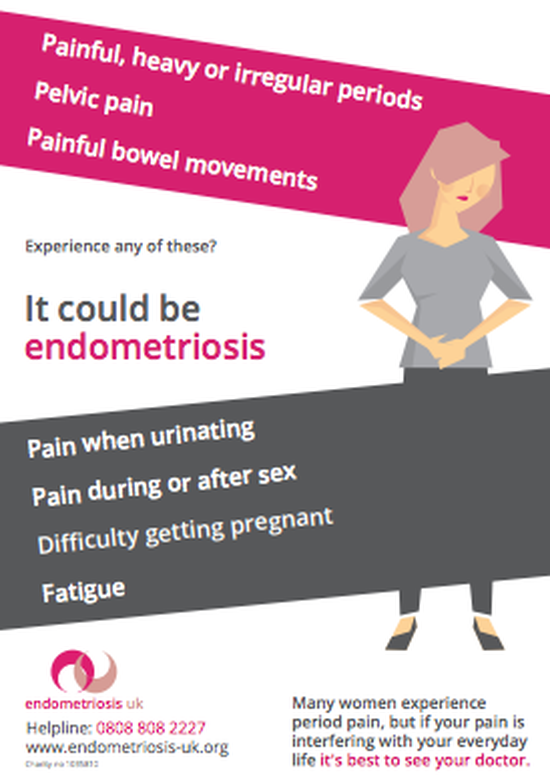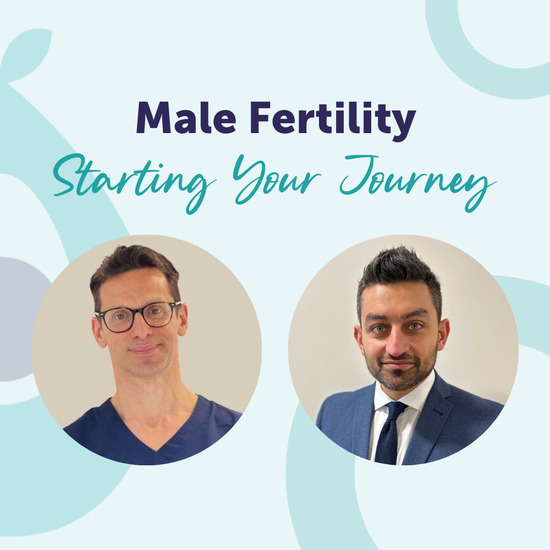
If you are having your embryos transferred following IVF or ICSI treatment, we know how difficult this time can be for you and how you may be feeling. Our expert team at Manchester Fertility is here to provide essential tips to help you feeling confident in the next stage of your fertility journey.
The embryo transfer process
An embryo transfer is a straightforward procedure in which your embryos are transferred via a fine catheter into your uterus, where it is hoped they will implant as in a natural pregnancy. As the transfer is relatively simple, Once we have ensured that all is well following your embryo transfer, you can go home. Your doctor will explain your treatment plan i.e. if you should continue taking your medication and you will also be given the earliest date and instructions for carrying out your pregnancy test at home, which is approximately two weeks after your embryo transfer.
The time between your embryo transfer and the time of your pregnancy test is what many of our patients say is the most anxious time – the waiting between embryo transfer and finding out if it’s been successful and you’re pregnant. After your embryo transfer, whether in person, on the phone or through our patient support app key members of our team such as our Fertility Support Midwives are here to help patients by providing advice and reassurance to make the fertility journey flow as smoothly as possible. Remember if you want to talk to us at anytime about any concerns you have, please don’t hesitate to contact us. We’re here to help you through this stage of your treatment, even if it’s just providing a listening ear.
Our advice after embryo transfer
What happens once you’re home after your embryo transfer? Do you need to spend some time lying down? Do you need to take time off work?
Whether you rest, or carry on as normal with your daily routine, it won’t affect the outcome of your treatment. As challenging as it may be our advice is simply to wait. During this time you can lean on your support systems to help you in this two-week wait.

What to expect following your embryo transfer
Many people feel fine after embryo transfer and will only experience concern or anxiety about having to wait to take a test. Our team will advise you what kind of symptoms you could expect in the days after your embryo transfer, symptoms can differ from person to person but common side effects of treatment could include;
- You may experience some lower abdominal pain or bloating following your embryo transfer. If you do, please be assured that it doesn’t mean your treatment hasn’t worked. Providing you feel well otherwise, there is usually no cause for concern. Bloating is very common at this stage of your treatment and if you wish, you can take paracetamol for pain relief.
- Many women experience constipation due to intake of progesterone. You can take a mild laxative to help such as Senna or Lactulose.
- If you have any vaginal bleeding or a brownish discharge following your embryo transfer, although this can be alarming and worrying, it isn’t always a case for concern. Many women who experience this go on to have a successful positive pregnancy test. We encourage you to contact us if you experience any bleeding for further advice.
If you experience any symptoms such as persistent feelings of sickness, vomiting, pain, breathlessness, fainting, abdominal swelling or heavy or severe bleeding after a positive pregnancy test, it’s important you contact us immediately. Often there’s nothing to worry about, but you may just need to be checked over.
If you wish to talk to us about post-transfer care, get our advice, or see what happens following embryo transfer please contact our New Patient Team on 0161 300 2737.
Last updated: 9th September 2024







